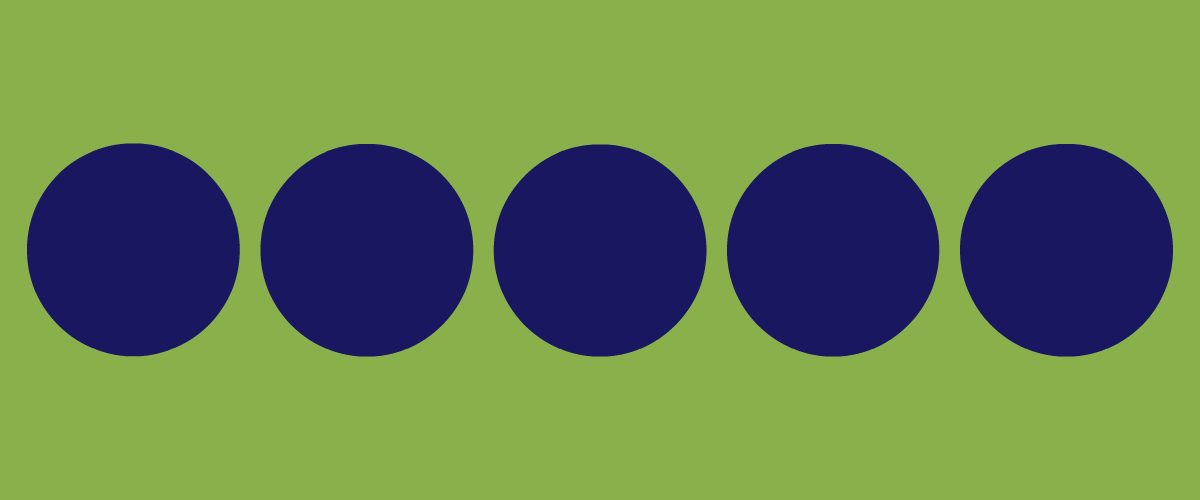Call Opens: February 6, 2020

Call Closes: March 8, 2020, promptly at 17:00
The 2020 program will run from August 1 to October 29, 2020.
WCSCD continues to value and emphasize forms of curatorial practice that are active at the margins of the mainstream art world, yet that contribute to the global perspective. This is accomplished primarily through reflection on the local context and efforts to rethink how to meaningfully contribute to the production of curatorial discourses. This is can also be read as an attempt to de-colonize art and its many discourses more broadly. The program maintains an international purview, while proposing consideration of what it means to be international within the abovementioned theoretical parameters. This is in part accomplished through the invitation of the 2020 mentors for the program, including Ekaterina Degot (Director and Chief Curator of steirischer herbst), Lisa Rosendahl (Associate Professor of Exhibition Studies at Oslo National Academy of the Arts, and Curator of GIBCA – the Gothenburg biennial in 2019 & 2021, Chus Martínez (Director of the Art Institute at the FHNW Academy of Art and Design, Basel, Luca Lo Pinto (Director of MACRO in Rome), Suzana Milevska (Curator and a visual culture theorist), Jelena Vesic (Independent curator, writer, and lecturer – based in Belgrade), Xiang Zairong (Scholar), Nataša Petrešin-Bachelez (Independent curator, editor and writer), and ruangrupa (Artistic directors of Documenta 15) among others.
For this iteration, the curatorial program WCSCD2020 will have a specific focus on women curators or directors of institutions with ties to the former Yugoslavian cultural field from the 1970s, which challenged mainstream approaches to art.
Program participants will conduct interviews, engage in archival practices around their research into these practitioners, all while thinking about modes of archiving in and of itself and discussing different curatorial histories. Each participants’ research practices will be shared and contextualized through different public forms of expression during the program. s.
The research conducted as part of WCSCD 2020 will create an archive around these practices, which will be made accessible through publication and open source online content. The aim will also be to discuss these artists’ contributions towards the creation of an “art system” in the region.
As the educational-curatorial platform WCSCD enters its third year, it is of note to point out that the majority of attendees of the program thus far have been women, with enrollment of only 20% men. Similar art educational programs around the world share these experiences, and in university contexts as well—women outnumber men in the study of Art History. This poses an important question on the role of gender in relation to curatorial practices and positions within different institutions of art. By revisiting the historical moments cited above, we intend to contextualize and reflect on the current situation within our working contexts as well.Over the past two years we’ve seen the rise of an international movement, the #metoo campaign, thanks in part to the many brave arts professionals who went public with their experiences of harassment and violence, which is now part of the public domain. Yet, the gender imbalance between different work areas and roles within the art system is still very much present today. These observations, along with many others, have led us to tailor a project that will look at the “notion of the curatorial” through a gendered lens and within the context of the ex-Yugoslavian cultural field.
Criteria for consideration:
- Applicants must be 35 years of age or younger
- No prior degrees in art or art history are required
- The course fee is based on the monthly average salary of the country from which you hail, for which you are a passport holder (we use online reference of most recent average salary data of successful applicants)
Please note that the fee does not include accommodations or travel costs. International participants will be provided assistance with finding accommodations in Belgrade—such accommodations are approximately 180 EUR per month. The standard course fee also does not cover travel and accommodations for research trips. Successful applicants should prepare an allowance of approximately 300 EUR to cover these additional costs.
How to apply:
Applications should include the following items as a single Word or PDF document, sent by email to what.could.curating.do@gmail.com with the subject line: Curatorial-Course-WCSCD 2020 by March 8, 2020:
– CV/Portfolio
– Letter of Interest (500 words maximum, explaining your interest in curatorial practices and specific research interests)
– Description (300 words maximum, the working methodology you propose with regard to the project, taking into consideration the role of archives, ways of designing and testing new methodologies for implementation, and gender-related research)
Based on the quality of the submitted documents, up to 15 participants will be selected to attend the course. Selected applicants should plan to arrive in Belgrade no later than August 1, 2020. The final list of participants will be announced the first week of April 2020. The final curriculum of the program will be confirmed in May 2020 and shared with the attending curators at that time.
This year WCSCD introduced the possibility for distant education and participation in the mentoring session with price 400 euros for program duration for more information how to apply for it pls write to us with subject WCSCD online program
WCSCD is proud to also announce the advisory group who will help us shape the program, the members of which include: Matt Packer, Director of the Eva International Biennial; Ares Shporta, Director of the Lumbardhi Foundation; and Andrea Palasti, a Novi Sad based artist.
The WCSCD curatorial course is a long-term project initiated by Biljana Ćirić, with the support and collaboration of the following partner institutions: The Museum of Contemporary Art Belgrade; EVA International—Ireland’s Biennial of Contemporary Art; and Zepter Museum, among others. The project is supported by the Istituto Italiano di Cultura Belgrado; the Austrian Cultural Forum; Institut français de Serbie, Swedish Embassy in Belgrade and Hestia Art Residency & Exhibitions Bureau among others.
For more information regarding the application process and/or invited lecturers for the 2020 program, please refer to the website: www.old.wcscd.com. For other queries, please send to the following email address: what.could.curating.do@gmail.com.

